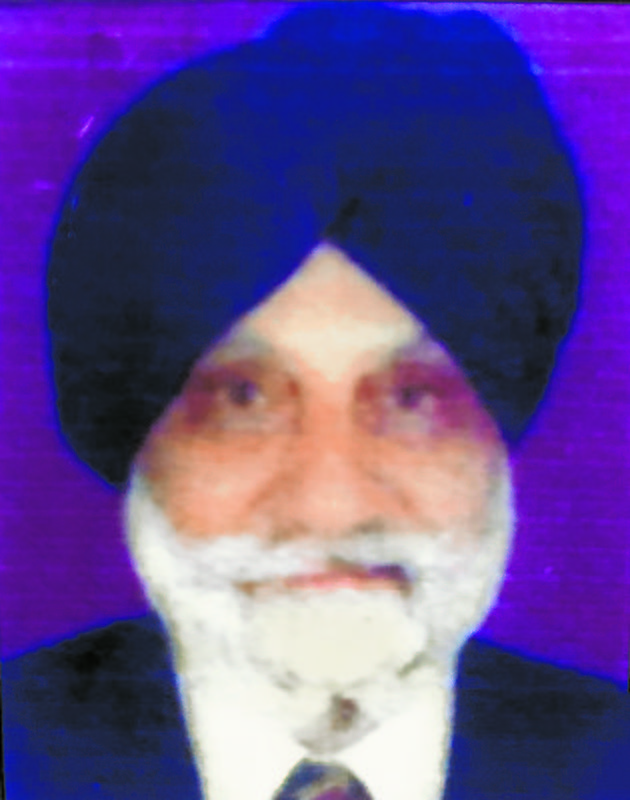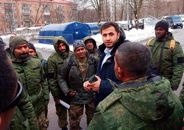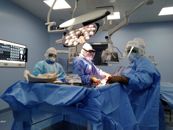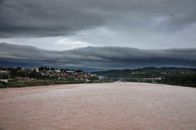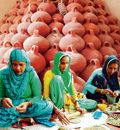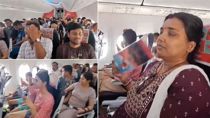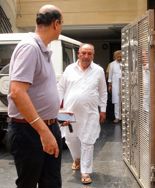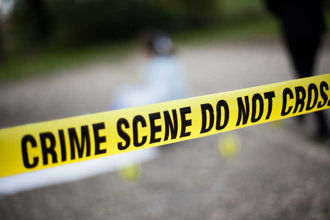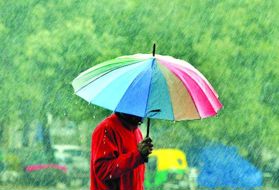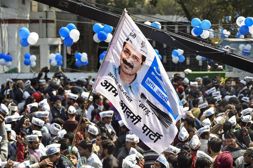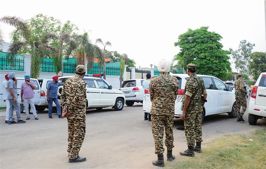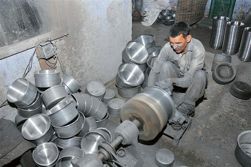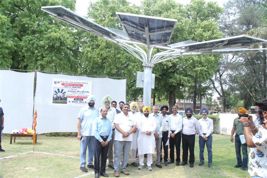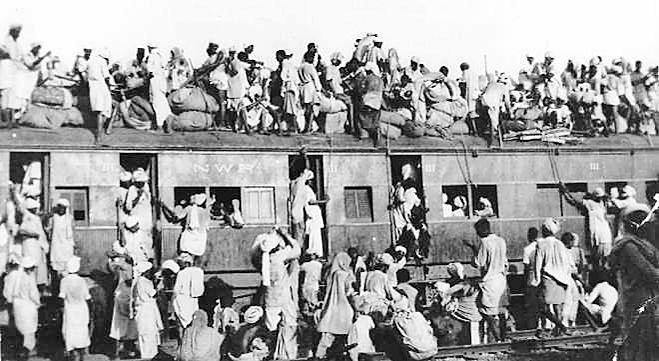
Sharanjit Singh Chopra
Partition was an agonising experience for the Chopra family, residents of Suhawa and Mirzapur villages in Gujranwala district. Some of our close relatives and cousins living in these villages, including tayaji Lala Ganpat Shah and his wife, were butchered in their houses by mobs looking for gold or silver ornaments and cash. Womenfolk were spared and allowed to move to refugee camps.
My father, Dr Mohan Singh, was in charge of the Civil Hospital at Manawala, Sheikhupura district. I was the eldest son and was studying at Government Engineering School, Rasul, in Gujrat district, now in Pakistan. Early 1947 saw stray incidents of murder in the North West Frontier Province near Peshawar and Rawalpindi. The news started impacting the psyche in the college where students of different communities lodged in dormitories, having an amicable relationship, suddenly became suspicious of each other, having apprehensions of some nefarious action by the other. The suspicion became sharper as the days went by; the neighbours who were living as one family started drifting apart. However, summer vacations in June-July came to their rescue and the students heaved a sigh of relief, going back to their families. I joined my parents at Manawala. I was about 19 years old and my five brothers and a sister were younger to me.
My father had opted to serve in the Indian part after Partition. In the month of August, Partition was declared and suddenly the atmosphere deteriorated. My father had served as Warrant Officer (doctor) in the British Expeditionary Force in the Middle East and now, as a true soldier, wished to be relieved of his duty rather than abandon it. However, he was constantly thinking of the safety of his family. As fortune had it, a JCO, Subedar Jaswant Singh, reached Manawala on August 25 to shift his family to India. He was provided with a 3-tonne truck and six armed personnel. The driver was, however, a Muslim.
Subedar Jaswant Singh tried to persuade my father to join him and move to his own side of the border. My father refused politely but agreed to send his family to Amritsar. Due to lack of space in the truck and only minutes to move, whatever little could be managed was picked up.
On the outskirts of Sheikhupura, we were stopped at the headquarters of a Baluch battalion. The Commanding Officer advised Subedar Jaswant Singh that they will not be allowed by the marauders to move forward if they had Indian Army escorts, so he ordered their weapons to be hidden in the truck, and all to sit quietly. He provided an armed guard from his own battalion. While the truck was passing through the town, the whole of Sheikhupura was on fire. Gunshots and shrieks were heard throughout. An armed man in front of burning shops fired a few rounds at our truck, but we were safe. Our guards did not fire back. It got dark by the time we were out of the town. Some loud sounds were heard some distance away, but luckily, the headlights of the truck failed and the driver used his good sense and swerved the truck into the fields and jungle area.
It was getting cold. We shared the little food the Subedar’s family had. We were apprehensive of the intentions of the Baluch soldiers, but the Muslim driver provided solace. The Baluchis returned the weapons to the Indian guards, said ‘Khuda Hafiz’ (goodbye), and left in their truck for Sheikhupura.
Very early morning, we started for our border. Through Lahore and up to the border, our movement was incident-free. On reaching Wagah, we got our composure back and gave the jaikara: ‘Bole So Nihal, Sat Sri Akal’.
In Amritsar, we — my mother and seven of us — faced the dilemma of accommodation. Chachiji, who was a widow, and our three cousins were living with her brothers. It was a small house in a congested area. Another relative, Gurbachan Singh, had only one room but a number of relatives, all refugees, stayed with him. The third acquaintance was a police Inspector, who had been transferred from Manawala. He was very helpful and offered us to stay in a big house, but we had hardly settled there when we were told to vacate it as some government offices from the other side were to be accommodated there. He helped us move to a small house in Ram Bagh.
We were worried about our father. My younger brother, aged 17, and I started looking for him from one refugee camp to another and asking the migrants about the fate of Manawala’s residents. There was very discouraging news about the massacre of people of that town. But, in reality, the residents of Manawala, mostly Sikhs, were asked to vacate the town by the Muslims. They formed a caravan, with our father on a loaned horse with his .12 bore, and moved 15 miles through the fields to a refugee camp at Nankana Sahib. To-and-fro trains full of refugees between Nankana Sahib and Amritsar were being run. There was news about torture and even murders in these trains, but such incidents were curtailed after escorts were provided by both governments.
My father reached the Amritsar railway station on September 3. It was a touching moment for the family. He immediately contacted the Inspector General, Hospitals, was asked his choice, and received orders to join the Canal Dispensary at Fazilka, where he had worked from 1943 to 1946.
He informed his friend, Dr Thakar Singh, about his plan of reaching Fazilka by train the next day. At the railway station, he was given a hearty welcome and we were escorted to the residence. We had no household articles and the locals provided all help.
I joined Government Engineering School, Gurdaspur, to complete the remaining about four months’ course. The siblings joined schools for their education.
My father had to look after a large family, not only his own, but others too.
It’s been 75 years and with the efforts of all, the family stands on a comfortable pedestal. The scars and horrors of Partition have not been forgotten, and neither the kindness and fortitude of friends, family and strangers. Such tumultuous events bring out the worst, and perhaps the best humankind has to offer.
— The writer, a retired Executive Engineer, is based in Ludhiana
Join Whatsapp Channel of The Tribune for latest updates.






